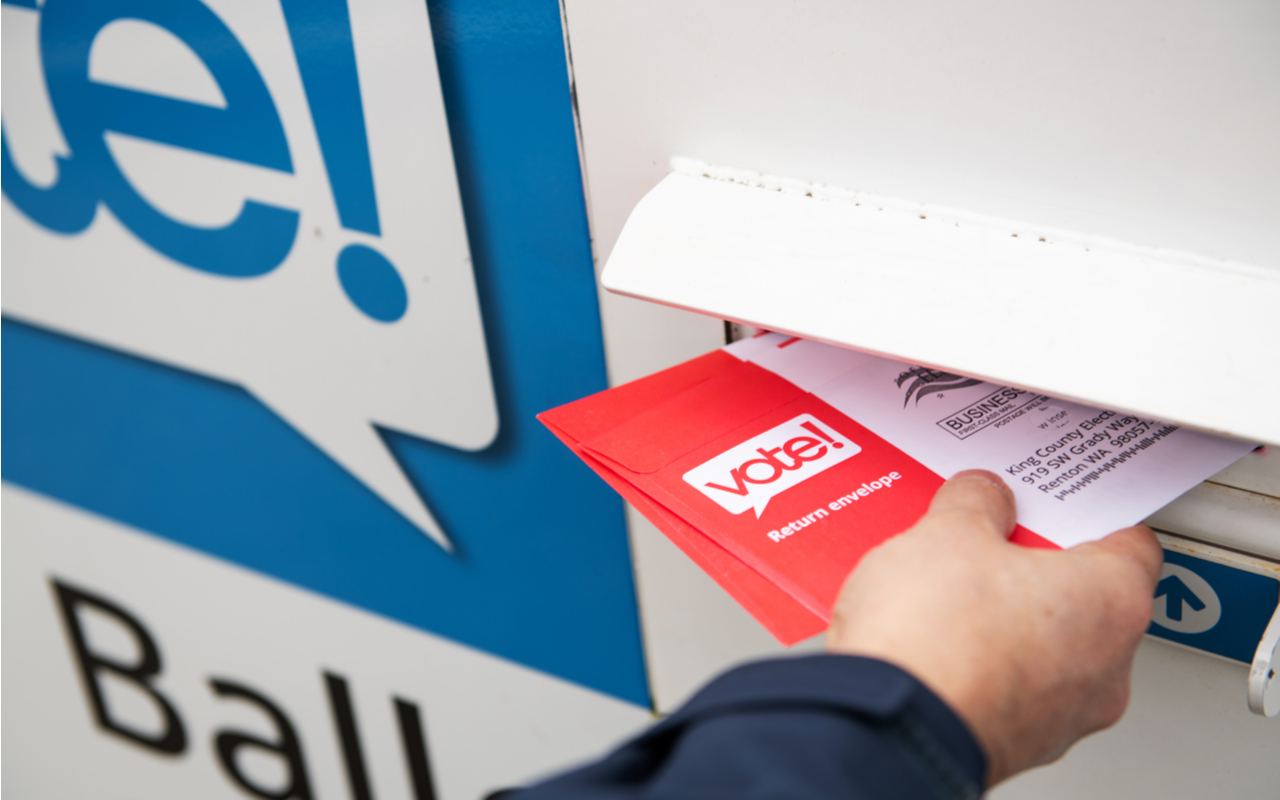While the presidential race has dominated the 2020 election, there are many other important decisions facing American voters. Here are 17 proposals on ballots around the country that, if approved, would go a long way towards reducing economic inequality.
Tax increases on the wealthy and corporations
- One of the biggest fights over fair taxation is raging in San Francisco, where voters will have the chance to approve a raise the real estate transfer tax on sales of properties values above $10 million. Big developers and corporate lobby groups have marshalled over $2 million to fight this proposal.
- Another San Francisco measure would increase taxes on corporations that pay their CEO more than 100 times their median employee in that city. My Institute for Policy Studies colleague Sarah Anderson explains the details of this proposal, which is loosely based on an existing tax in Portland, Oregon.
- Arizona’s Proposition 208 would increase taxes on incomes above $250,000 to pay for higher teacher salaries and better schools.
- In Oregon’s Multnomah County — home of Portland — residents will vote on a tax on higher earners to pay for a “preschool for all” program.
- In Illinois, residents will vote on a constitutional amendment to replace their regressive “flat” income tax with graduated progressive rates.
- Colorado voters get to decide if they want to implement a statewide paid medical and family leave program, funded by a payroll tax.
- California’s Proposition 15 would tax commercial and industrial properties worth more than $3 million at their market value instead of their purchase price to raise revenue for local governments and schools.
Worker protections
- One the labor front, the major showdown is over California’s Proposition 22, a corporate-backed effort to overturn a state law requiring Uber, Lyft, DoorDash, and other platform-based firms to classify their workers as employees, with basic labor rights, instead of as independent contractors. As Bama Athreya recently wrote for Inequality.org, “Platform companies are spending upwards of $110 million to convince Californians to accept working conditions that are more common to developing countries.”
- This year’s election will see less action on minimum wage than in some years past. Since 1998, 22 proposals to increases in state minimums have appeared on ballots. They’ve passed every single time — and helped motivate people to go to the polls. This year, only Florida is considering a state minimum wage hike. If it passes, the state would be the first to raise the minimum to $15 through a ballot measure. The city of Portland, Maine has a similar $15 proposal on their ballot.
Housing
- At a time when the country is facing a likely massive wave of evictions and foreclosures, many voters will have the chance to vote on increases in affordable housing and tenants’ rights. California’s Proposition 21, for example, would let local governments enact rent control on almost all rental housing, as long as it’s more than 15 years old. Portland, Maine also has rent caps and increased tenant protections on their ballot.
- Several cities have ballot proposals to address homelessness and the need for affordable housing. In Denver, Colorado, voters will decide on a ballot measure to raise sales taxes to pay for increased services for the homeless. King County, Washington, will vote on whether to sell, lease, or transfer properties for below-market value if it’s used for affordable housing. San Francisco has a proposal to build 100,000 units of affordable housing and San Diego voters will weigh in on an affordable housing San Francisco also has a bond measure that would boost funding for parks, public areas, and facilities meant to support the homeless and addicts.
Transit equity
- As my colleague Basav Sen has written, barriers to public transit “make it harder for people — particularly people of color and poor people — from being able to get to jobs, school, and wherever else they need to go.” Proposals to raise taxes to pay for public transit expansion are on the ballot in three California counties (San Francisco, San Mateo, and Santa Clara), Portland, Oregon, and Austin, Texas.
- In Gwinnett County, Georgia—near where I previously lived—they are voting on a 1 percent sales tax increase to fund the expansion of public transit into a county that has previously rejected such expansion due to racist opposition. This and other proposals that rely on broad sales taxes would do more to reduce inequality if they were funded through taxes on the wealthy or large corporations.
Money in Politics
- Alaska has a ballot measure to adopt ranked-choice voting, along with campaign finance reforms to make the true sources of political donations more transparent. Ranked choice voting helps make the electoral process more equitable by boosting the chances of third party and independent candidates without deep-pocket donors.
- Oregon’s Measure 107 would allow for limits on campaign contributions and spending and force more transparency for campaign spending and funding and for political advertisements.
Digital Divide
- In Denver, voters will vote on a proposal to allow their city to provide internet, phone, and TV services as a public utility. This would help narrow the “digital divide” in a city where 20 percent of residents, who are disproportionately people of color, lack broadband internet. It would also help disrupt the market dominated by Comcast and Century Link.
Criminalization of Poverty
- Finally, among the long list of important criminal justice reforms on ballots across the country, some address the criminalization of poverty. For example, California voters will decide if they want to get rid of cash bail, a system that results in poor people being detained while they await trial for weeks or even months. In Los Angeles County, residents will vote to allocate 10 percent of the county’s revenues towards community investment programs that provide alternatives to incarceration.
